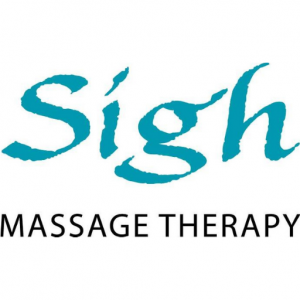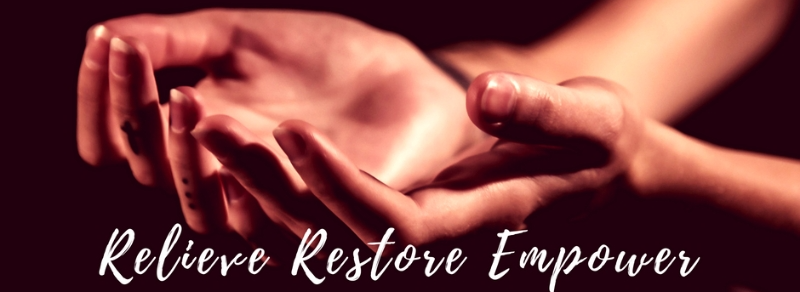With the introduction of social media & our lives revolving around devices, we can become more disconnected from each other. Even small amounts, as little as fifteen minutes, not only enhances growth and weight gain in young children, but also leads to emotional, physical, and cognitive improvements in adults.
We can identify other people’s basic emotions based on how they touch us and certain touch receptors only exist to convey emotion to the brain. A parent’s affectionate touch goes a long way at home and the emotions that are communicated by touch can go on to shape our whole family’s behavior & emotional health.
Touch itself appears to stimulate our bodies to react in very specific ways. It can lower blood pressure, heart rate, and cortisol levels, stimulate the area of the brain that is central to memory, and drive the release of a list of hormones that have been linked to positive and uplifting emotions.
If a child isn’t receiving adequate amounts of touch at home because parents may be emotionally disconnected, then the child doesn’t form a healthy bond with them. This bond is important because it creates trust, positive assurance, emotional stability & serves as our first emotional connection. Without this your child can have issues with relating to other people. Lack of touch in children can cause severe stress not only through the developmental years, but also into adulthood.
We self-touch all day as a calming mechanism. Our hair, massaging our foreheads, rubbing our hands, or stroking our skin. Evidence supports self-massage has been shown to slow the heart rate and lower the level of the stress hormone cortisol. For some of my clients the only other occasion they’re touched between massage appointments is at the hairdresser.
Skilled human touch, in the form of massage combines medical treatments with personal interaction for improving outcomes among the elderly & people with dementia. A national movement has sought to reduce the use of unnecessary medications for individuals with dementia, instead using strategies to improve behavioural symptoms. Human interaction, including skilled touch, has become more widely used as an effective therapy. It’s proving itself by lowering levels of agitation, decreasing medication, encouraging sleep, reducing pain & anxiety. Even just a simple foot massage by a caregiver can deepen relationships, communicate support & comfort for people with dementia.
The brain is very good at distinguishing an emotional touch from a similar, but non-emotional one….a massage chair is not a Massage Therapist .
Massage raises levels of serotonin, a chemical that promotes feelings of calm and reduces anxiety and while the physical effects of touch are far reaching, touch rarely only has purely physical affects.
It’s our first learned language, our richest form of emotional expression & why I love what I do!
SighMT


